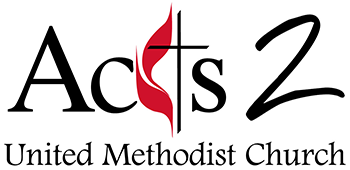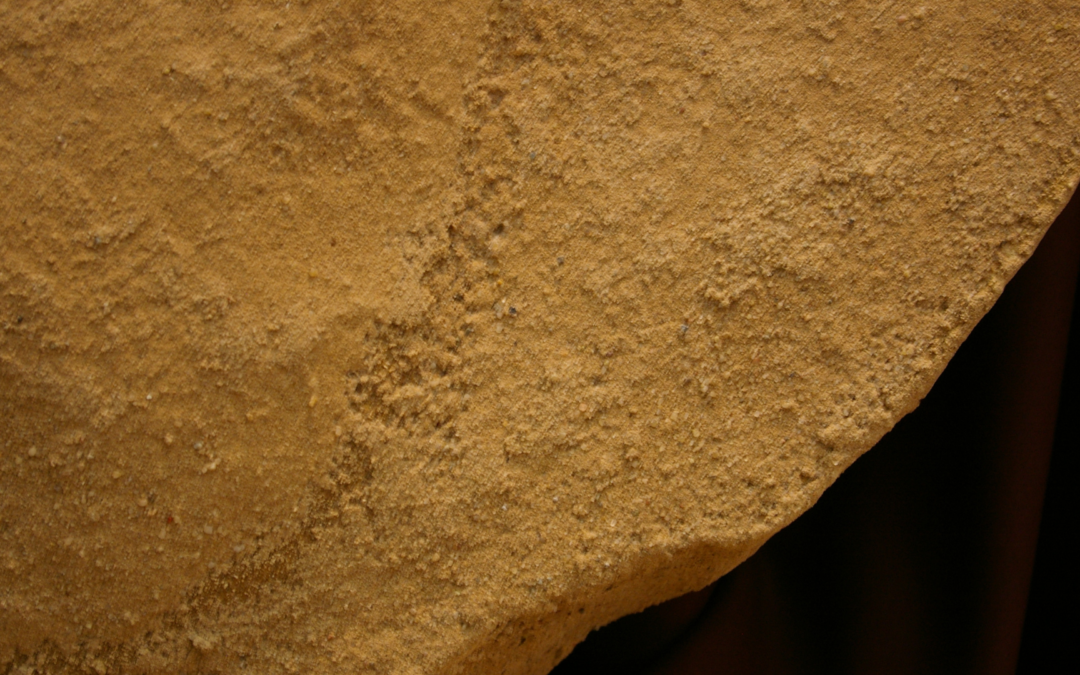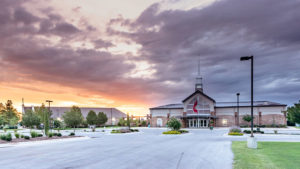Saturday, April 19
When Heaven Was Still
Rev. Brandon Blacksten
Reading
After these things, Joseph of Arimathea, who was a disciple of Jesus, though a secret one because of his fear of the Jews, asked Pilate to let him take away the body of Jesus. Pilate gave him permission, so he came and removed his body. Nicodemus, who had at first come to Jesus by night, also came, bringing a mixture of myrrh and aloes, weighing about a hundred pounds. They took the body of Jesus and wrapped it with the spices in linen cloths, according to the burial custom of the Jews. Now there was a garden in the place where he was crucified, and in the garden there was a new tomb in which no one had ever been laid. And so, because it was the Jewish day of Preparation and the tomb was nearby, they laid Jesus there.
John 19:38-42
Reflection
As the stone rolled into place, I imagine a slow, grinding sound building to a crescendo of rock slamming against rock as it came to rest. Then, silence.
As Joseph of Arimathea and Nicodemus looked on, the crushing reality of Jesus’ death began to settle in. Before, they’d been able to keep busy. Wrapping his body with linen cloths would have been excruciating, but the task at least gave them something to do. But now, with the sun setting and the sabbath beginning, there was nothing to occupy their thoughts, no work to distract them. Perversely, the sabbath—a day of delight and rest—meant there was nothing to divert their minds from what had happened.
Jesus was dead, and all of their hopes died with him.
For millennia, the Saturday before Easter—Holy Saturday—has been a day of fasting and mourning. When Saturdays were still the Christian sabbath, fasting was prohibited because the sabbath was a day of feasting—with one exception: Holy Saturday. According to The Apostolic Constitutions, a fourth century document, Holy Saturday is the day of “our Lord’s burial, on which men ought to keep a fast, but not a festival. For inasmuch as the Creator was then under the earth, the sorrow for him is more forcible than the joy for the creation.”
Today, we long to shorten or skip entirely the grief of Jesus’ death, but we are wise to heed the wisdom of the early Christians. They knew that to fully experience the joy of Easter, we have to first experience the sorrow of Good Friday and Holy Saturday. Only then can we appreciate the power of God’s victory over death.
Today, Holy Saturday is just a day for business as usual in our culture. Even for most Christians, it’s just another busy spring Saturday.
Whatever your schedule looks like today I invite you to make space and time to experience Holy Saturday.
Sit with the silence of the tomb, the grief and hopelessness of the disciples, the wonder at Jesus’ willingness to die for our sake. Experience the sorrow and the heartbreak. Fast. Pray. Take a walk and reflect on the depth of Jesus’ love for us.
Then at worship this evening (or at sunset if you’re worshipping on Sunday), rejoice in Jesus’ victory over death, for in the silence of Holy Saturday is the promise of Easter joy.
Prayer
O God, Creator of heaven and earth: Grant that, as the
crucified body of your dear Son was laid in the tomb and
rested on this holy Sabbath, so we may await with him the
coming of the third day, and rise with him to newness of
life; who now lives and reigns with you and the Holy Spirit,
one God, for ever and ever. Amen.
(from The Book of Common Prayer)


